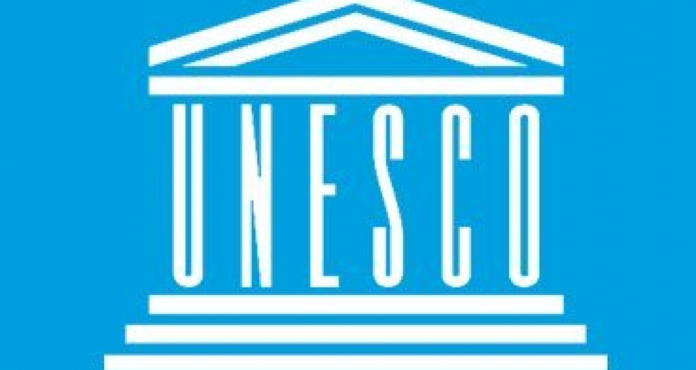ISLAMABAD, Dec 07 (APP/DNA):United Nations Edducation Scientific and Cultural organization (UNESCO), in partnership with the Institute for Research Advocacy and Development (IRADA), held here a national consultation to foster dialogue on digital governance and freedom of expression in Pakistan.
The discussion centered on implementing UNESCO’s Guidelines for Governance of Digital Platforms, aiming to balance freedom of speech with the challenges of disinformation and harmful online content.
Antony Kar Hung Tam, Officer-in-Charge of UNESCO in Pakistan, highlighted the need for collaborative efforts to tackle these issues. “Addressing disinformation and harmful content online, while protecting freedom of expression and access to information, is a shared responsibility,” he said.
Government representatives echoed similar concerns. Muhammad Shahzad, Director General at the Ministry of Information and Broadcasting, emphasized the importance of managing hate speech and disinformation without curbing legitimate discourse. Ahmed Shamim Pirzada, Director General of the Pakistan Telecommunication Authority (PTA), pointed out that digital governance challenges extend beyond Pakistan, requiring global cooperation for solutions.
The UNESCO Guidelines outline a framework for digital governance, urging states, platforms, and civil society to ensure human rights are respected in the digital space. These include self-regulation, co-regulation, and statutory mechanisms, along with media literacy, cultural diversity, and robust content moderation practices.
At a recent UNESCO Executive Board session in October 2024, Pakistan spearheaded a resolution to counter disinformation while protecting freedom of expression and access to information. The resolution called for collaborative, evidence-based approaches involving governments, media, and digital platforms.
The session stressed the importance of digital and media literacy education, fact-checking initiatives, and transparent technological solutions as key tools to combat disinformation in line with international human rights laws.
Prior to the national consultation, UNESCO and IRADA conducted four provincial-level discussions to gather recommendations from diverse stakeholders, including academia, civil society, and media professionals. These inputs were refined and presented during the national event.
Participants proposed several measures, such as strengthening cooperation among stakeholders. Promoting media and information literacy. Enhancing content moderation and accountability by digital platforms.
These proposals were discussed in detail during a panel session, providing a foundation for a national regulatory framework aligned with UNESCO’s guidelines.
UNESCO and IRADA aim to establish a multistakeholder advocacy forum to promote the implementation of the consultation’s recommendations. This forum will work on creating evidence-based strategies that integrate global best practices with regional concerns to govern digital platforms effectively.
The consultations have also led to a roadmap for implementing the Guidelines for Governance of Digital Platforms. The roadmap focuses on enabling digital rights, protecting fundamental freedoms, and fostering an inclusive and secure online environment for Pakistan’s citizens.
Through these initiatives, UNESCO and its partners are setting the stage for a digital governance model that ensures freedom of expression while addressing the pressing challenges of the digital age.

















